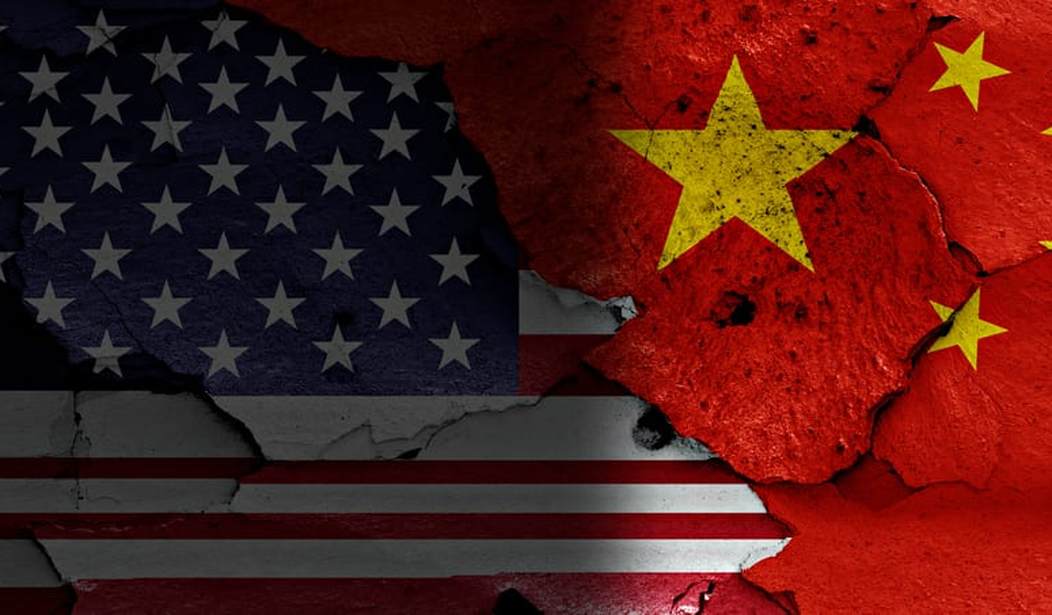The trouble with the import tax and export credit system now under consideration by House Republicans is simple: it redistributes rewards and penalties arbitrarily. There are industries that are naturally dependent on imports, for example, retailers and oil refiners. President-elect Trump criticized the House plan as “too complicated,” and he’s right.
The House is to encourage domestic production by refusing to allow corporations to treat imported items as an expense for tax purposes. But oil refiners import most of their raw material and add a limited amount of value by refining it. The cost of inputs is the majority of the final cost of refined products. If refiners can’t expense their input costs, the results would be “devastating,” according to a study by the Koch brothers.
As Bloomberg News reported Dec. 8,
Koch’s statement made clear that the company supports a comprehensive overhaul of the U.S. tax system. But its opposition to border adjustments is the most politically prominent yet in a swelling chorus of corporate voices concerned that the proposal would damage companies such as Wal-Mart Stores Inc. that rely on imported goods to sell products at low cost.
The Republican plan is something like chemotherapy: stress the whole body to kill a few cancer cells. It might help, or it might do more harm than good. But there’s an economic equivalent of the new cancer therapies that isolate and attack the pathological cells without sickening the whole organism.
We need a corporate tax cut. And U.S. industries need protection against predatory practices. To quote from the World Trade Organization’s website: “A country can use the WTO’s dispute settlement procedure to seek the withdrawal of the subsidy or the removal of its adverse effects. Or the country can launch its own investigation and ultimately charge extra duty (known as ‘countervailing duty’) on subsidized imports that are found to be hurting domestic producers.”
China subsidizes industries outrageously–by offering cheap credit to state-owned companies from state-owned banks, and allowing state-owned companies to run at a loss while they crush the competition with low prices. That’s how entire industries that began with American innovations turned into Chinese monopolies.
Solar-cell technology was invented in America and Germany. In the mid-2000s, China bought German production equipment, manufactured solar cells and cut prices by half. America’s market share in solar cells fell from 50% in 2007 to just 6% in 2011. Meanwhile, China built enormous amounts of capacity through the entire supply chain for solar cells. The basic inputs into solar cells–polysilicon, glass frames, and other materials–were produced in China at lower prices than other manufacturers could offer.
In this case, America belatedly slapped on tariffs, but the Chinese producers ignored them. The Commerce Department in 2014 imposed anti-dumping tariffs of 26.71 percent to 78.42 percent on Chinese dollar imports, and tariffs of 11.45 percent to 27.55 percent on imports of solar cells made in Taiwan. It was too little, too late. By that time the whole supply chain for solar cells had moved to Asia, and American producers couldn’t compete.
Of course, homebuilders loved the low prices of Chinese solar cells, and the environmental lobby welcomed the cheap imports. The Obama administration dragged its feet when it came to protecting American producers.
How do you deal with a organized mercantilism on this scale? I doubt the House Republicans’ plan will address it. The answer is to fight fire with fire. When China (or other exporters) subsidize exports to the U.S., impose tariffs preemptively. We have the right to do so under the World Trade Organization rules. There’s no reason to go through long and weary diplomatic dances. Identify the problem, impose a tariff, and let the other side go howling to the World Trade Organization.
How do we know that Chinese companies are using subsidies to undercut U.S. prices? Look at their books. Many if not most state-owned companies are unprofitable and are borrowing money to paper over losses. Most of their data is publicly available, because the state-owned companies went to the public market to obtain capital and have to publish income statements and balance sheets.
It would take a bit of work, but a lot less than one might think–it’s the sort of exercise that equity analysts do every day. Targeted tariffs are much better than an across-the-board tariff (which President-elect Trump has suggested on occasion), and they are defensible under WTO rules.
Instead of a Procrustean bed that would penalize U.S. industries that happen to depend on imports due to the nature of their business, the aggressive use of anti-subsidy and anti-dumping tariffs would correct problems before U.S. industries withered and died–as the solar panel industry did in the late 2000s. Tax incentives aren’t enough. The Chinese will keep dumping. An adjustment of the Chinese exchange rate with the dollar isn’t enough (Chinese producers will just cut their prices in dollars). Better to go right after the offending products and impose a fair price with tariffs.
As Dr. Henry Kressel and I argued in a Nov. 21 op-ed in The Wall Street Journal, there’s a more extreme and efficacious measure that should be applied to the whole array of defense procurement: demand domestic content for any electronic component that is used in a weapons system or by the national security functions of the U.S. government. That would cost a bit more, but it would be worth it on national security grounds. No computer is safe, as the president-elect said, except for a computer built in the U.S. in a controlled facility. It would have the side benefit of forcing US producers to shift the whole production cycle and supply chain for many high-tech items back to the U.S.










Join the conversation as a VIP Member